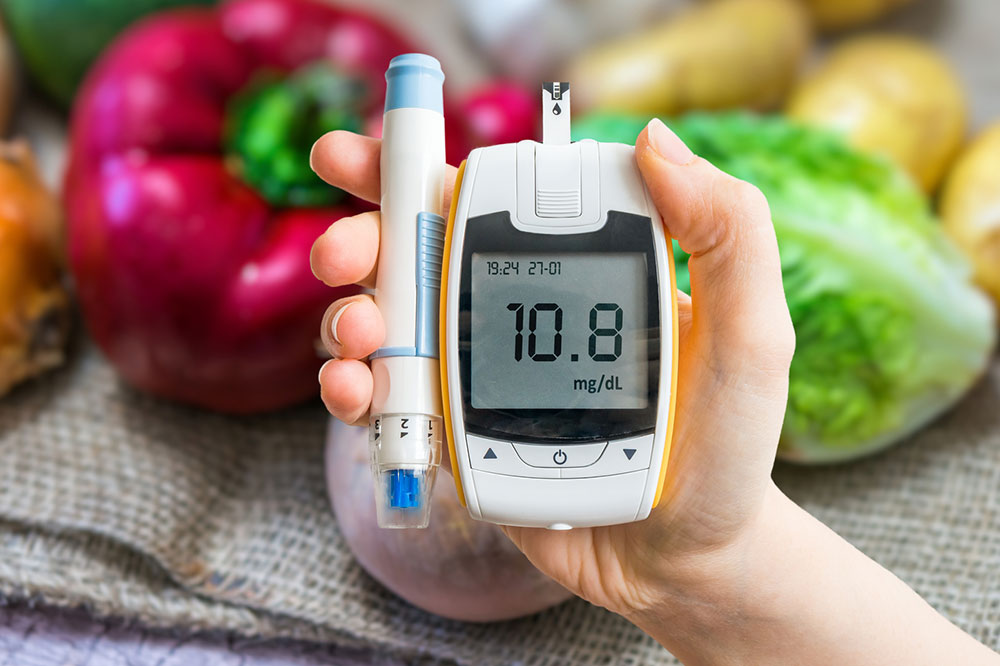Diabetes – Symptoms, causes, and risk factors

Diabetes is a condition that develops due to high sugar levels in the blood. Insulin, a hormone in the body, helps the sugar in the blood to be transported to different cells of the body. These cells either utilize this sugar for energy or store it for future use. However, in this condition, the body either fails to produce sufficient insulin or is unable to use the insulin that it makes.
Symptoms
Some common signs of diabetes (type 1 and type 2) include:
- Weight loss
- Blurry vision
- Fatigue
- Excessive hunger or thirst
- Excessive urination
- Sores, which do not heal easily
Men-centric symptoms
- Erectile dysfunction
- Low libido
- Muscle strength reduces
Women-centric symptoms
- Yeast infections
- Urinary Tract Infection (UTI)
- Itchy or dry skin
Gestational diabetes
Usually, a lot of women who suffer from gestational diabetes do not showcase any symptoms. In them, the condition is primarily detected during a routine pregnancy test done between the 24 th and 28 th week. In a few cases, women with gestational diabetes also experience extreme urination or thirst.
Causes
The cause of diabetes is often dependent upon its type.
- Type 1
There is no certainty of the exact cause of this form of diabetes. However, what happens is that the immune system tends to attack and further destroy the beta cells, which are responsible for producing insulin in the pancreas. A virus or genes might also play a role in triggering the attack.
- Type 2
This type usually occurs due to a combination of poor lifestyle choices and genetics. Being overweight also increases the risk of this type of diabetes. The condition is genetic and passes on from one generation to the other.
- Gestational diabetes
This type of diabetes mostly occurs because of the hormonal changes that take place during pregnancy. During the pregnancy period, the placenta releases hormones, which might make the cells less sensitive to the effects of insulin.







